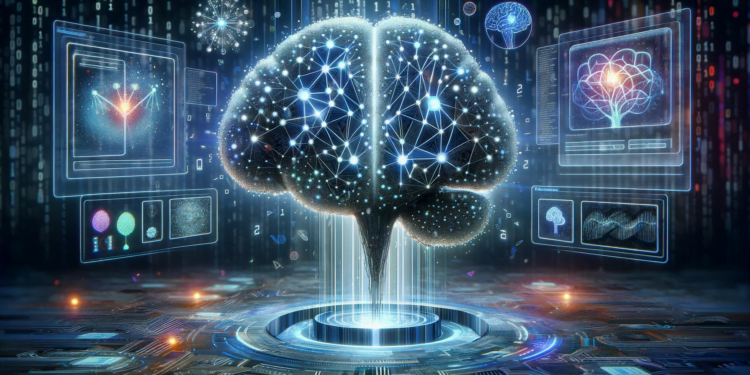In recent years, the field of Artificial Intelligence (AI) has witnessed substantial growth both in academia and industry. Within this broad framework, Scikit-learn has emerged as one of the most prominent AI libraries for the Python programming language, particularly in the realm of machine learning. This specialized article targets an audience with a high level of technical understanding in AI, aiming to dissect the most advanced technical aspects and recent developments associated with Scikit-learn.
Introduction to Scikit-learn and Its Importance in Machine Learning
Scikit-learn is an essential tool in any data scientist’s or AI engineer’s toolbox, lauded for its accessibility and efficiency. It is an open-source software library built on top of NumPy, SciPy, and Matplotlib, ensuring its seamless integration and extensive use in data science and machine learning algorithms. At its core, it provides simple and efficient implementations of a wide array of common methods in machine learning and data mining.
Key Components of Scikit-learn
Scikit-learn features several components that satisfy different needs in the process of constructing and evaluating machine learning models:
Classifiers
- SVM (Support Vector Machines): For classification, regression, and outlier detection.
- Random Forest: A combination of decision tree predictors to improve accuracy and control overfitting.
- K-Nearest Neighbors (KNN): A versatile and straightforward algorithm for classification and regression.
Clustering Algorithms
- K-Means: A popular clustering method that partitions the dataset into k groups based on proximity.
- DBSCAN: Density-based spatial clustering for forming arbitrarily shaped groups.
Regression Models
- Linear Regression: The foundation of many machine learning algorithms.
- Lasso and Ridge Regression: Regularization techniques to improve the accuracy of models with high collinearity among features.
Dimensionality Reduction
- PCA (Principal Component Analysis): Dimensionality reduction while retaining the most variance possible.
- t-SNE (t-distributed Stochastic Neighbor Embedding): A high-dimensional space visualization tool to two-dimensions or three-dimensions.
Preprocessing Tools
- Feature Scaling: Normalizing or standardizing features.
- Category Encoding: Transforming categorical features into numerical formats.
Recent Advances in Scikit-learn
The latest versions of Scikit-learn have incorporated numerous improvements and new features, including:
- Incremental Support for ‘Gradient Boosting’: Allowing models to be incrementally updated with new data, a key feature for workflows in rapidly changing data environments.
- HistGradientBoosting: A class of histogram-based ‘Gradient Boosting’ algorithms that improve scalability and training speed.
- ColumnTransformer: An essential tool for the efficient handling of heterogeneous data transformation, enabling different columns to be transformed independently and concatenated together in one step.
Practical Applications and Case Studies
Scikit-learn has been implemented in various sectors, such as health for disease prediction, in finance for fraud detection, or in e-commerce for product recommendation. A relevant case study is its use in predicting energy demand, where models like linear regression and random forests have been used to foresee consumption patterns.
Challenges and Future Directions
The future of Scikit-learn is closely tied to the challenges and opportunities presented by machine learning as a whole. An area of interest is deeper integration with more recent AI methods like deep learning, hyperparameter optimization, and enhancing its algorithms to handle large-scale datasets.
Conclusion
Scikit-learn continues to evolve, providing professionals and academics in AI with robust and easily accessible tools. Understanding the fundamentals, advanced techniques, and recent developments of this library is crucial for anyone wanting to immerse themselves in the state of the art in machine learning.






















